Is a loss of privacy and freedom of movement warranted if it saves lives? Those in China and South Korea weigh in
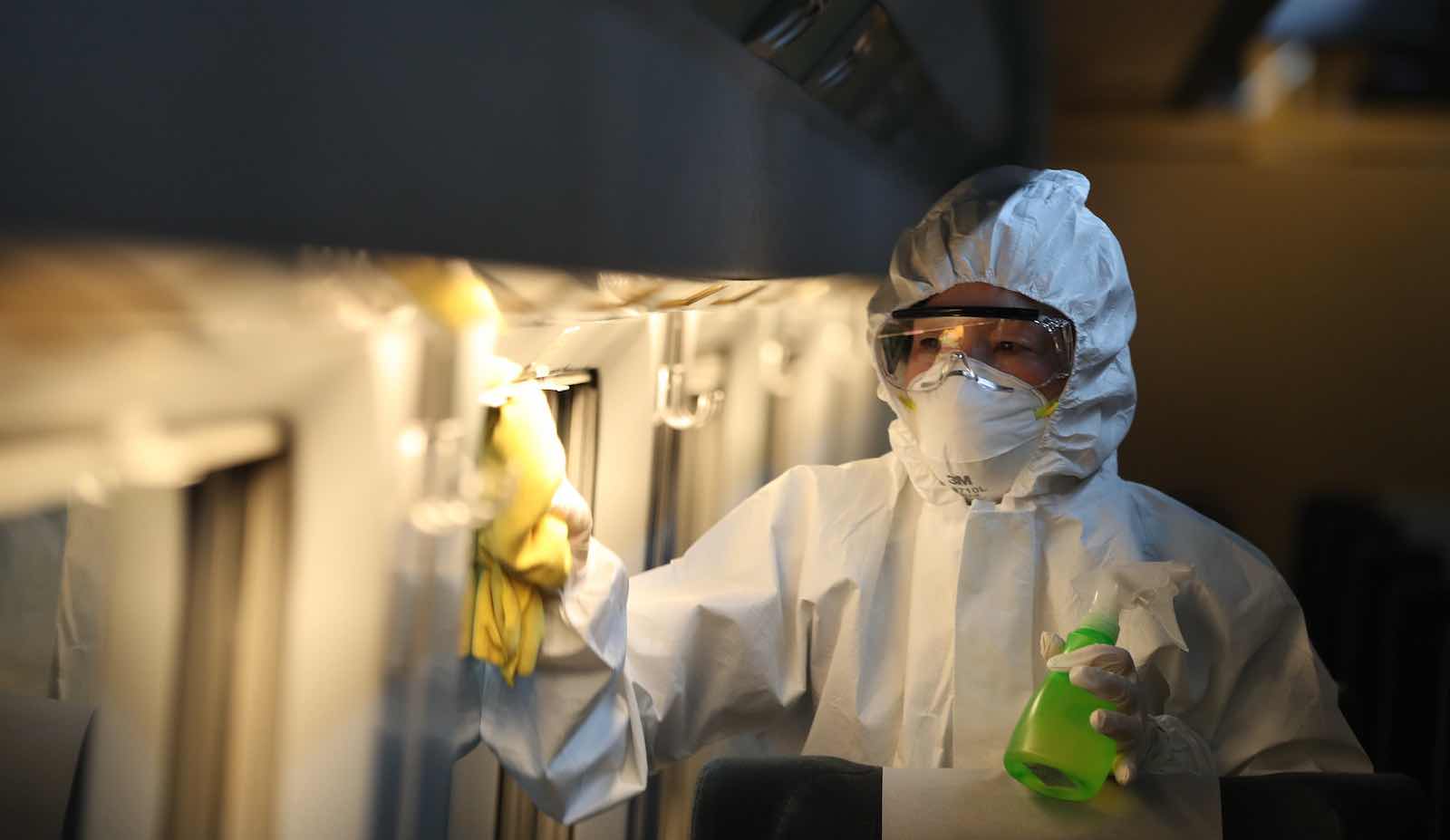
A few minutes every morning is all you need.
Stay up to date on the world's Headlines and Human Stories. It's fun, it's factual, it's fluff-free.
With the movement of over half the world’s population currently restricted due to the COVID-19 pandemic, many countries are turning to technology to track their citizens.
While the ability to track people’s movements is not new, governments have been more open about their use of this technology during the current crisis.
The Millennial Source spoke to a number of people living in east Asia who have had first-hand experience with having their data tracked. They shared their perspectives on the balance between privacy and public health and how the rules have personally affected them.
China’s health code system
After being the epicenter of the initial COVID-19 outbreak, the Chinese government addressed the crisis with lockdowns and strict border control. The government also began monitoring its citizens via apps installed on their phones.
WeChat, a popular messaging app developed by Tencent, and Alipay, an online payment platform developed by Alibaba, are both being used to collect personal data from their users. Users of these apps are required to provide their movements over the previous 14-day period, alongside their names and addresses.
With that information, the government provides citizens with one of three color-coded QR codes: green, for no risk of infection, yellow, for possible infection, and red, for likely infection.
To travel or enter communal spaces, like shopping malls, a person has to display a green code.
Security guards record the individual’s information, which is then shared with the government. If a person is found to be infected with the coronavirus, everyone else who was in the same place as that infected person can be alerted as their previous movements were all recorded.
Prisoner to the data
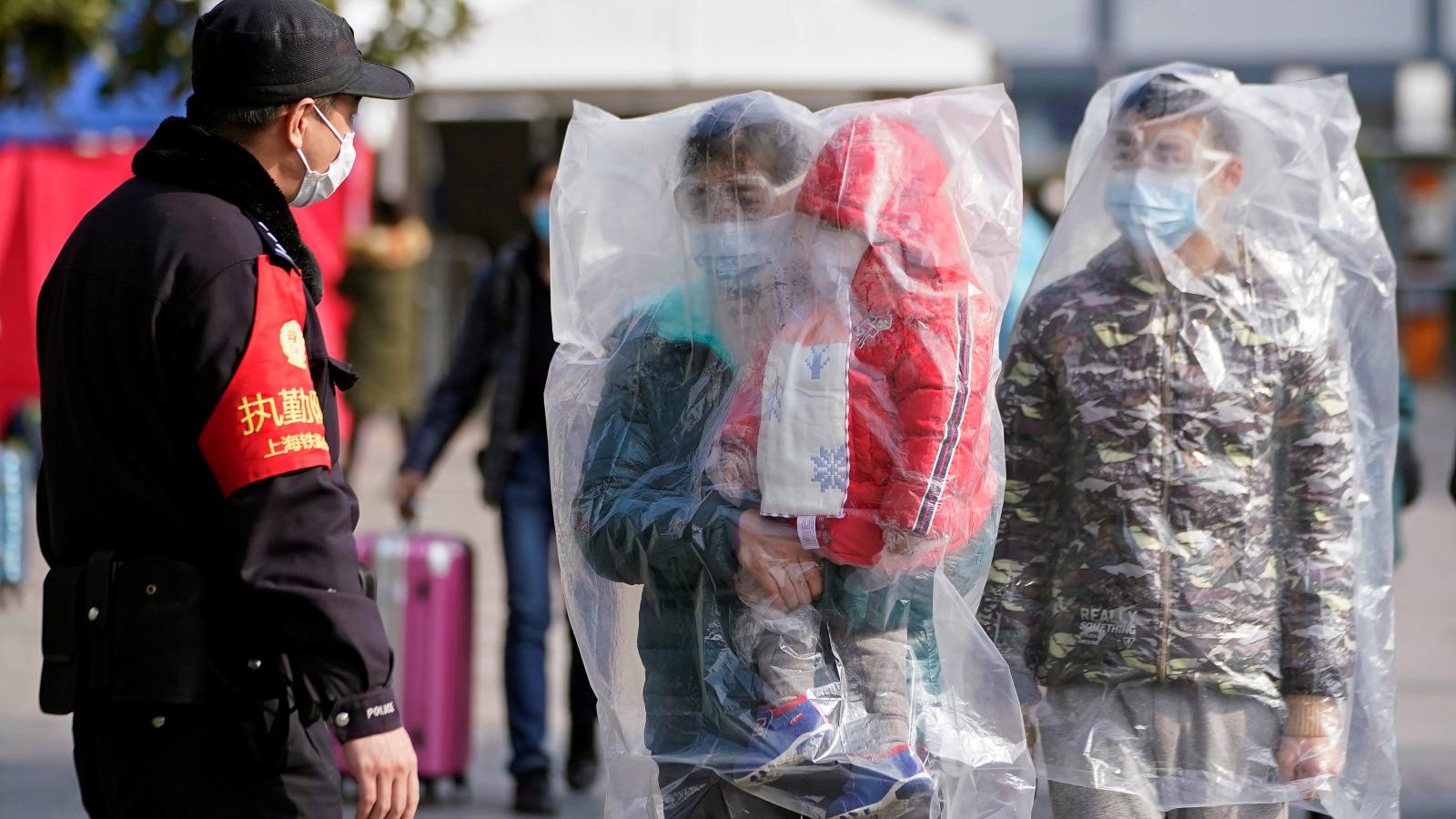
An American who is a current resident of Shenzhen reached out to The Millennial Source via email on April 7 to explain how the code has led to his being isolated for two weeks in a hotel. The American, who works as a college counselor, spoke on the condition of anonymity because of his work.
He explained he had been traveling through different parts of China when the outbreak hit. He was offered the chance to evacuate to the US, but turned it down. Instead, he ended up being held in lockdown in Jingmen, a city in the same province, Hubei, that COVID-19 first appeared.
“In late March,” he wrote, “lockdowns slowly lifted and Chinese nationals around me were inputting their health data/location data to an Alipay connected mini-program/app. I could not use my passport number to open this Hubei Province app, meaning I was off the grid, relying instead on (an) old school local neighborhood office and doctor red stamped certificates … to confirm my 14 days of self-quarantine and good health.”
His 14-day quarantine and two stamped certificates of health were enough to receive a green QR code. He was then able to leave Jingmen, on April 5, to return to Shenzhen where he lives and works.
Shenzhen is located in the Guangdong province and is one of China’s largest cities with more than 12 million residents.
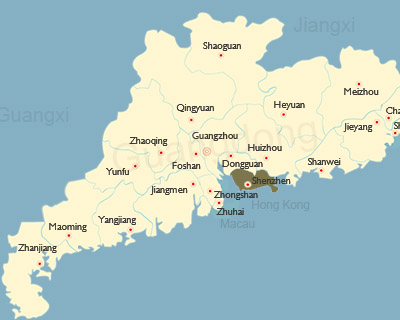
In Shenzhen, he was allowed to leave the airport and even move about the city. However, when he attempted to access his apartment, the police were contacted. It was determined by a local epidemic prevention and control leader that he must be tested for COVID-19 and enter quarantine at a 2-star hotel.
“My [Shenzhen] app QR code color was yellow,” he explained. “[T]he green healthy status from Hubei, in the form of my off the grid red stamped health certificate, that allowed me to leave Hubei and to enter [Shenzhen] freely was not being recognized. The policy of quarantine is simply if it shows yellow, then one must hotel quarantine.
“The other Hubei returners had done the Alipay connected health reporting and had green QR codes/digital health statuses both while leaving Hubei and then when arriving in Shenzhen with the new citywide app. All the data is connected to your phone number and ID for WeChat and Alipay, so any mini-program can access that info once accepting and allowing it.”
Having been “off the grid” in Hubei had left him unable to sufficiently prove his health to the Shenzhen authorities, hence the quarantine and testing.
“I’ve paid my dues in officially quarantining myself for 30 days in Hubei, and yesterday my test result was negative. The mysteriously assigned yellow by whatever recently programmed Shenzhen app/mini-program shows that new tech can’t process that I’m healthy and thus I’m forced to stay in a hotel for possibly another 12 days.”
The American described his frustration that “local leaders stick blindly to the yellow QR code policy and hesitate to take a risk in allowing the policy to treat Chinese nationals from Hubei the same as an American passport holder, even if good health had been proven.”
“[I] sit in this hotel room not knowing whether I’m here for another 12 days, whether these past few nights of forced quarantine have even been legal, and whether I should regret flying to a city that deems smartphone data, digital health tracking, and unknown algorithms to be a more trustworthy metric of health than a doctor signed and stamped clean bill of health.”
On April 8, the source contacted the writer to confirm his quarantine had been set for 10 more days.
Data privacy in China
Jonas Kelsch, another American living in mainland China, provided his perspective on the code system.
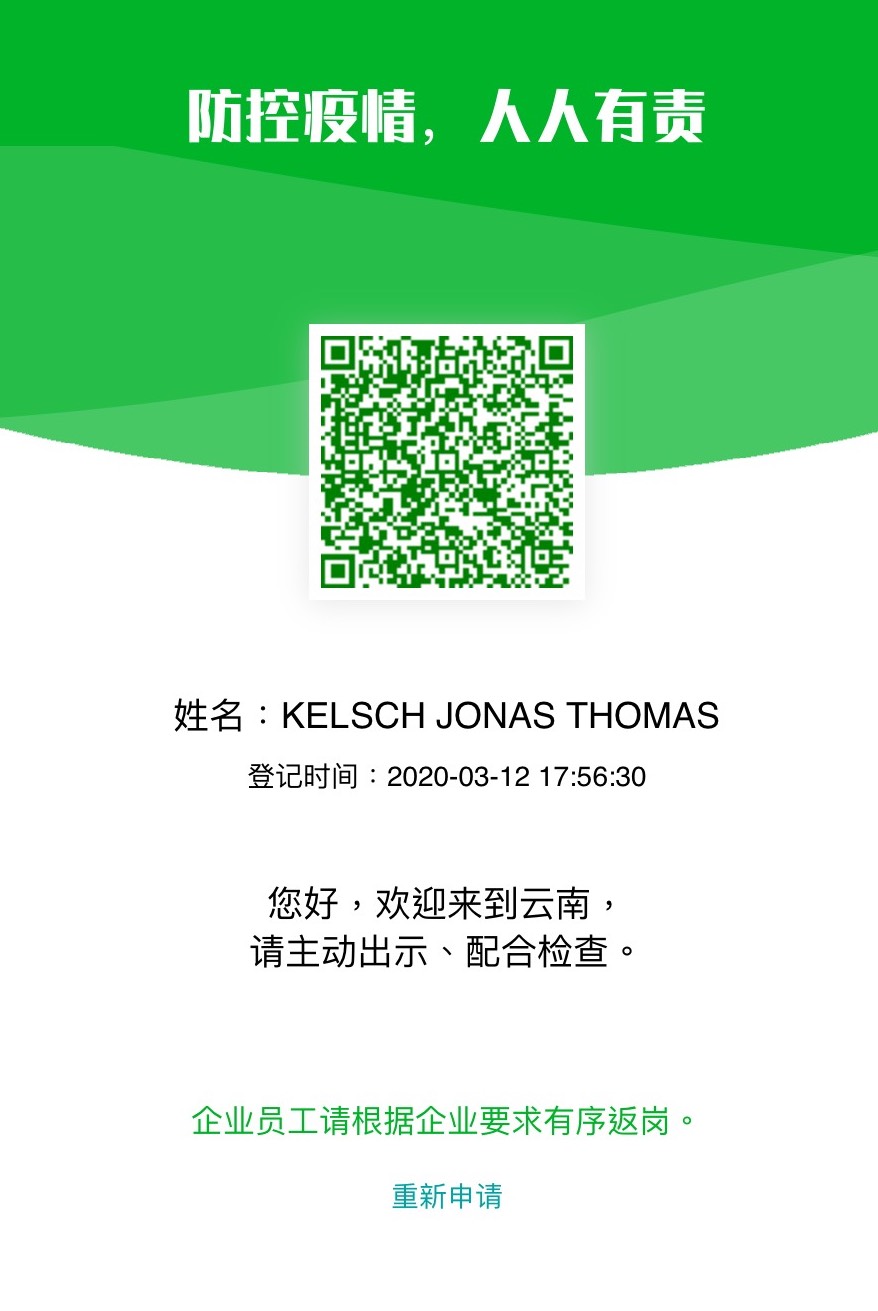
“On two occasions in my travels in Yunnan I received a green code,” Kelsch said. “The first was from when I scanned a QR code at a guesthouse in Baisha Village near Lijiang. My hosts were pretty insistent that I apply for the code and were very relieved when my device [appeared] green.
“The second time was when I returned to Kunming after my travels northwest. At the railway station I was stopped outside the wickets by a team of medical workers in hazmat suits, slippers and surgical masks (I believe they were CDC workers). They wouldn’t let me enter the city until I entered my China mobile number into a system. Even though my phone had been off or asleep during much of my travels, it appears that my number was being tracked nonetheless.
“Needless to say, we were all relieved when my phone displayed another green code, and I could finally go to my hostel and sleep.”
His view on whether the system works: “I remain skeptical whether a code really bears so much credence in identifying whether someone is actually at risk of being ill, but when you’re dealing with the sheer numbers that China has to, it may be a valuable tool in tracking potential COVID-19 carriers.
“The code system challenged my libertarian ideals, but the thing is I am sure I had little more data privacy before the epidemic anyway. The current safety I feel as China returns to normal has caused me to rethink a lot of the country’s measures that I originally thought were an overreaction.”
The American college counselor currently quarantined in a hotel offered a similar assessment.
“I support China’s strict measures of epidemic prevention and control,” he said, “I just wish they had foreseen the unintended consequences of the policy’s over reliance on digital information to the detriment of those unable to access the tools needed to build up a digital track record.”
South Korea addresses COVID-19
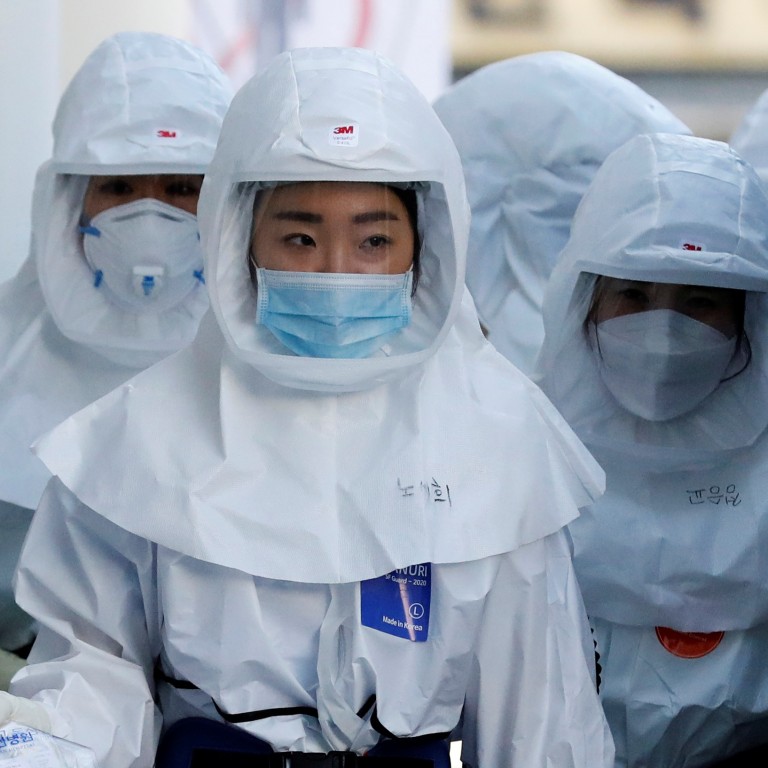
South Korea, where the coronavirus epidemic appears to have been largely contained, has also relied on data tracking to combat the disease’s spread. Citizens of South Korea have mixed feelings about this, with some believing that the national focus on community and family is why most citizens are fine giving up their data privacy.
“There is a tremendous sense of patriotism and nationalism here,” said one resident of South Korea who communicated with The Millennial Source via text on the condition of anonymity.
“The country is incredibly homogenous [sic]… Everyone here is family. It’s in the language. Everyone is ‘brother,’ ‘sister,’ ‘aunt,’ ‘uncle,’ when greeting.”
Explaining the nation’s response to the crisis, the source said, “The authorities are able to track our location using our telephones. So on one hand, this may be considered a breach of privacy, however it is easy enough to leave your phone at home, or have a backup phone, if you ever needed to move-around without the authorities tracking you.
“And, on the other hand, the tracking can be used for all sorts of things like older people who are lost while hiking, or potentially children abductions. So, the benefits outweigh the costs, especially considering we can leave our phones at home anytime.”
Another South Korean resident shared her misgivings with the Millennial Source: “I think the increase in technology will inevitably result in the erosion of our privacy given the new measures our data can be collected. In relation to western society it definitely encroaches on our civil liberties because of our individualism. But Asian countries like China appear to justify it more as they have a more ingrained community mindset.”
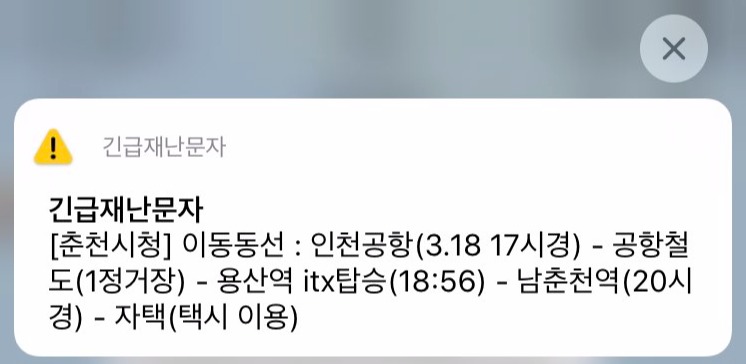
Data tracking in America?
As of now, the US government has not indicated any intention to use personal data to track its citizens. The method’s apparent effectiveness in Asia, though, does raise the question of whether it would be prudent to consider it in the United States, and whether Americans would accept it.
The anonymous South Korean resident put the differences between South Korea and the US in perspective.
“[South Korea] was so effective because they are tracking our phones. America would never allow it.”
The source still thinks it was the right choice for South Korea.
“I tell the hospital/police that I have coronavirus, they will instantly look at everywhere I traveled in the last 2 weeks in the country. They don’t need to ask me, they don’t need to use my bad memory. They have it 100% accurate via my phone.
“Let’s say I went to the grocery store on Wednesday at 2pm, they can see everyone else who was in the grocery store Wednesday at 2pm and contact them to see if they have any symptoms, and quarantine them. South Korea is able to track the virus because it is able to track movements of [its] people. Like China.”
[article_ad]
Have a tip or story? Get in touch with our reporters here!
Sign up for daily news briefs from The Millennial Source here!


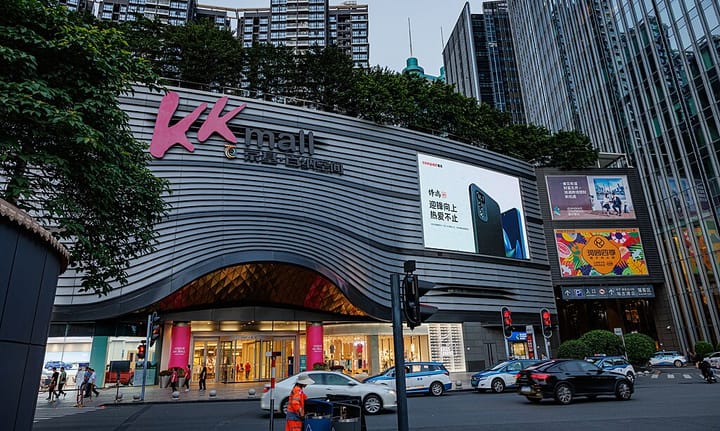
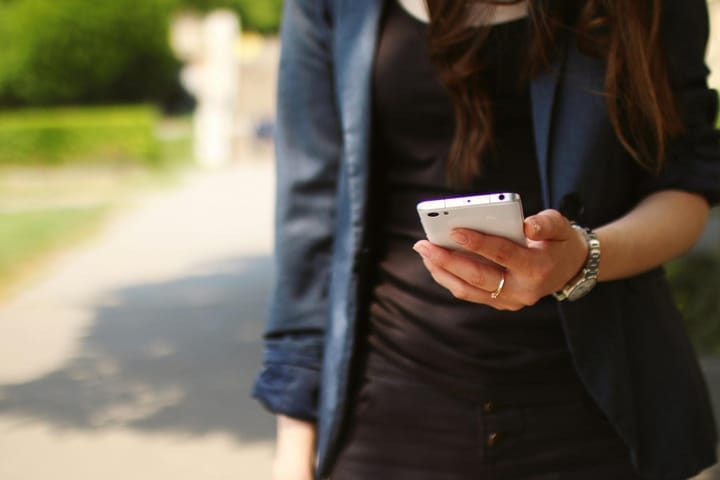
Comments ()